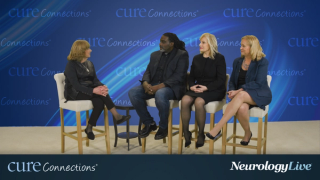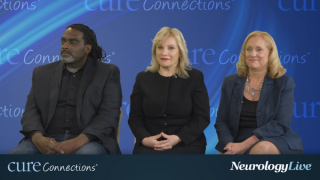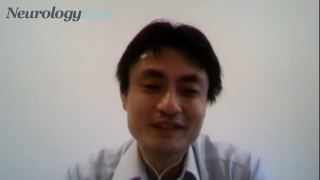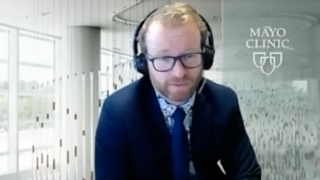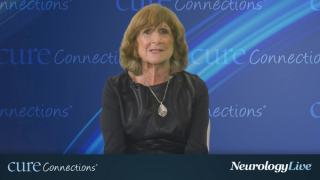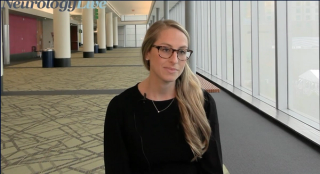
MS and Demyelinating Disorders
Latest News

FDA Places Partial Hold on Evobrutinib Initiation in Newly Enrolled Patients With MS

Patients With Multiple Sclerosis Show Willingness to Trade-Off Disease Progression for Improvements in Fatigue
Latest Videos

CME Content
More News

Experts in neurology highlight the factors they consider when switching treatments for a patient with MS.
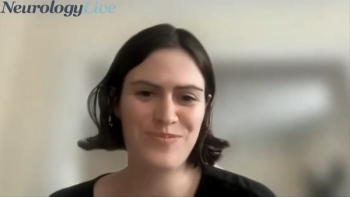
The immunology fellow at Brigham and Women’s Hospital discussed the current state of care for patients with MOGAD, and whether treatment decisions differ based on timing of attacks. [WATCH TIME: 7 minutes]

Here's some of what is coming soon to NeurologyLive® this week.

Test your neurology knowledge with NeurologyLive®'s weekly quiz series, featuring questions on a variety of clinical and historical neurology topics. This week's topic is multiple sclerosis (MS).

Take 5 minutes to catch up on NeurologyLive®'s highlights from the week ending April 7, 2023.
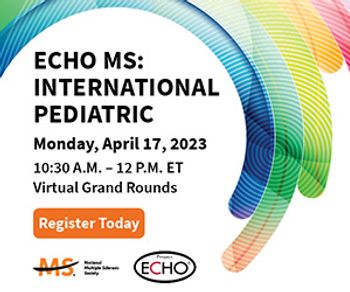
The National Multiple Sclerosis Society’s CME program follows Project ECHO’s evidence-based telementoring model and establishes a peer-to-peer knowledge sharing network.

Michael Levy, MD, PhD, associate professor at Harvard Medical School, spoke about the breakthrough of drugs for NMOSD and the challenges patients face to receive treatment.

More than 95% of the cohort of elderly patients showed functional improvement at 6 months after plasma exchange, including 60% who experienced moderate-to-marked improvement.
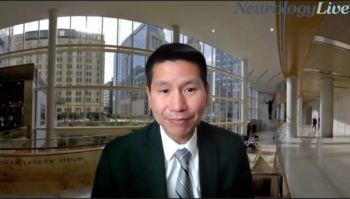
The neuroophtalmologist at Mayo Clinic detailed improvements in prescribing methods for NMOSD treatments and the conversations surrounding reversing neurodegeneration. [WATCH TIME: 3 minutes]

Anastasia Vishnevetsky, MD, an immunology fellow at Brigham and Women’s Hospital, provided insight on the latest research initiatives in MOG-antibody associated disease, including the potential for the first FDA-approved therapy.

Ahmed Zayed Obeidat MD, PhD, and Mark S. Freedman, HBSc, MSc, MD, CSPQ, FAAN, FRCPC, discuss the use of oral cladribine in the treatment of MS.

Experts in neurology present long-term efficacy and safety data of oral DMTs in the treatment of MS and share their perspective on the real-world significance.
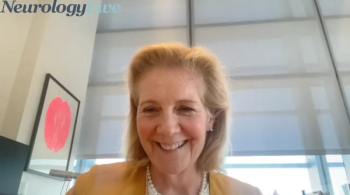
The chair of the Department of Neurology at Cedars Sinai Medical Center discussed the prominent topics of research in multiple sclerosis and the need to learn more about age and sex. [WATCH TIME: 5 minutes]

Here's some of what is coming soon to NeurologyLive® this week.
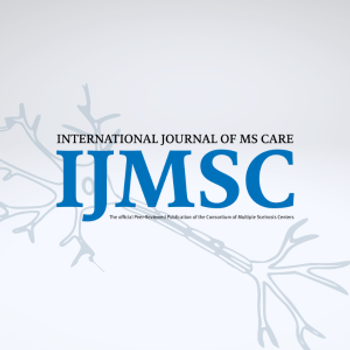
Review the latest peer-reviewed articles dedicated to the multidisciplinary management of multiple sclerosis published in the International Journal of MS Care.

Test your neurology knowledge with NeurologyLive®'s weekly quiz series, featuring questions on a variety of clinical and historical neurology topics. This week's topic is Parkinson disease (PD).

Take 5 minutes to catch up on NeurologyLive®'s highlights from the week ending March 31, 2023.
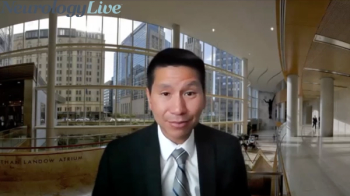
The neuroophthalmologist at Mayo Clinic discussed the current understanding of optic neuritis in neuromyelitis optica and the ways clinicians are working to improve recovery. [WATCH TIME: 4 minutes]
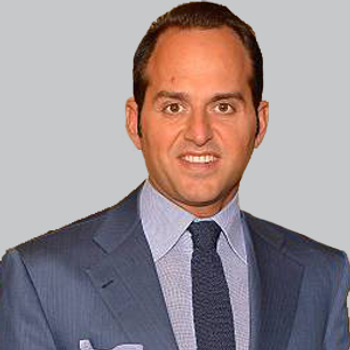
Foralumab, a fully human anti-CD3 monoclonal antibody, has had treatment effect demonstrated in patients with COVID-19 and with multiple sclerosis, as well as in healthy normal individuals.

Michael Levy, MD, PhD, associate professor at Harvard Medical School, talked about the differences between multiple sclerosis and neuromyelitis optica spectrum disorder, the currently available treatments, and next steps in research.

Disease activity, severity, or effect of treatment in patients with NMOSD may be predicted by aminoacyl-tRNA synthetase-interacting multifunctional protein-1.
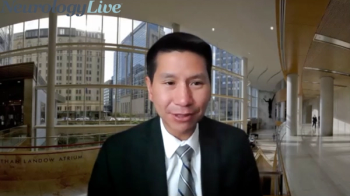
The neuroophthalmologist at mayo clinic provided context on the importance of raising awareness for NMOSD and the signs that precede clinical events. [WATCH TIME: 3 minutes]

Mark S. Freedman, HBSc, MSc, MD, CSPQ, FAAN, FRCPC, comments on the different modes of administration of DMTs in MS, focusing on oral DMTs.

Experts in neurology assess the risk of disease progression in a patient with MS and identify various biomarkers and diagnostic tools used to detect this.

Elaine Kingwell, PhD, senior research associate at University College London provided perspective on a study presented at the 2023 ACTRIMS Forum on HIV and multiple sclerosis.



